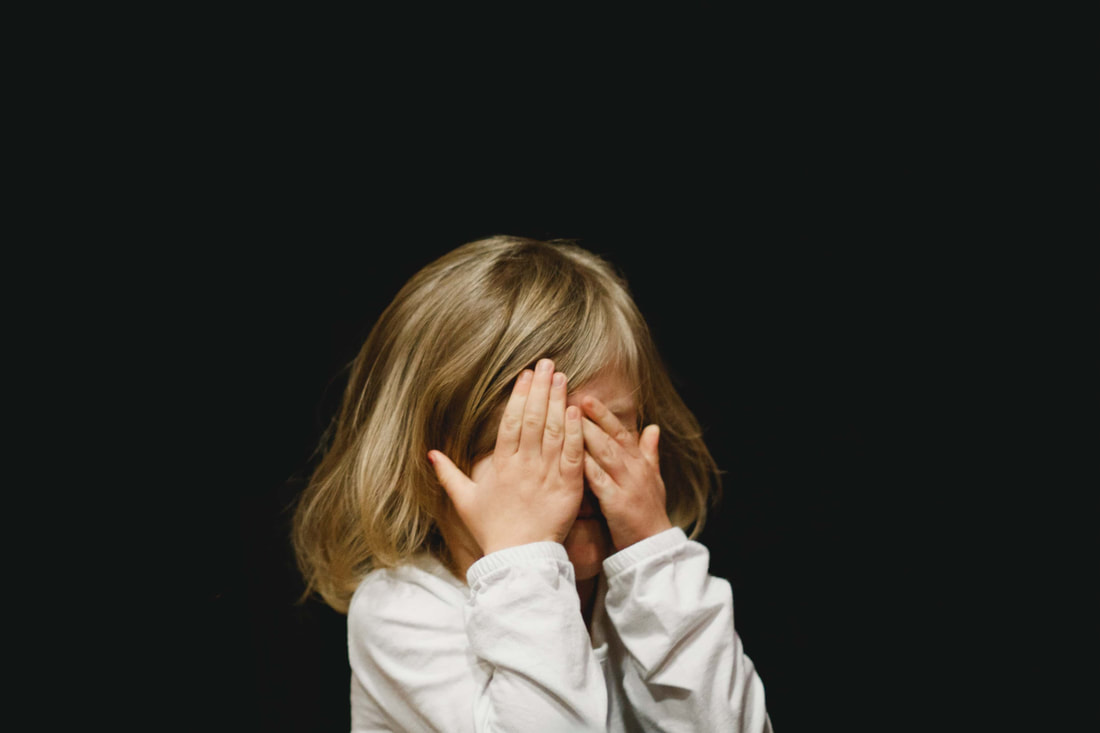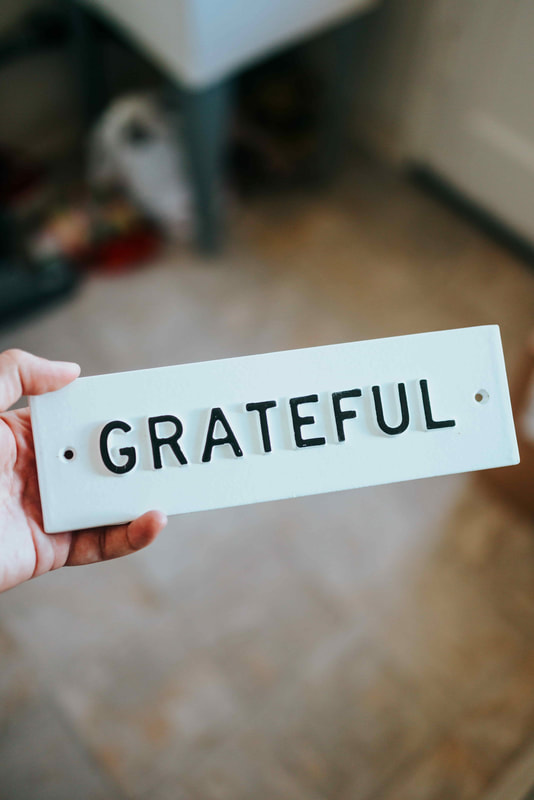|
I was at a residential event recently in a community with which I'm involved, and on the last day I was wasn't feeling quite right, and although I love being in and among the people that were there, it was all feeling too much for me. There was a meeting scheduled for the 26 of us to have closure/say goodbye to each other, and I realised beforehand that something in me was feeling too vulnerable to be there. It felt like there was a wee five year old part of me that was scared - I wasn't sure what she was needing, but I knew what she WASN'T needing, and that was to be around all these people, being thanked and affirmed for all the work that I'd done (I was one of the organisers). A close friend was very supportive - he encouraged me to come to the meeting, and offered to sit with me and be there for me if it all felt too much. He's a very dear friend, and I absolutely trust that he had my best interests at heart. But I listened to the 5 year old, and she was screaming very loudly: NOOOOOOOOOOOO. I promised her I wouldn't subject her to the meeting if she was scared. I didn't really understand what she was scared of, but I could very much feel her fear (well of course I could - she's a part of me). The meeting started. I sat on a sofa outside the meeting room, and very quickly I could feel the fear gradually leaving the 5 year old me. I could sense that she felt listened to, and that her feelings had been affirmed. Within a few minute, she let me know that she felt safe and secure enough to be in the meeting. Something in me felt relieved because there was a part of me that really wanted to be in the meeting. *We walked in and joined the meeting. How do I make sense of that? I genuinely did not expect to be able to join the meeting - I had accepted that it wasn't going to happen, and that my need to give the wee 5 year old attention was more important. Some might call this Radical Acceptance. This way of "working" or being with myself is called Inner Relationship Focusing. For more information on Inner Relationship Focusing, have a look here: https://focusingresources.com/getting-started/ *In the context of this, "We" is me and all my fluid, ever changing parts that appear when they need attention, and with a little empathy and compassion, flow again into "Me". It's widely accepted that a regular Gratitude Practice is a great thing to have - it helps us with being mindful of the small things, and to have wonderment for the great things in our lives - like getting to watch a butterfly, or walking up Conic Hill at Loch Lomond, looking across the loch and all the little islands and the amazing beauty, and feeling grateful to have the physical ability to do that and the senses to see, hear and feel the experience - I get that. I can be bursting with gratitude in these moments.
But what about the days that you're feeling so overwhelmed with difficult feelings (eg. shame, anger, hatred, disgust), that gratitude simply isn't possible? If you have a strong inner critic (like I used to have regularly), then chances are, you'll emotionally beat yourself up for not feeling grateful. Some people call this the second arrow - already feeling crap, then beating yourself up for feeling crap. On days like this, it can be anything but useful to read something telling you to find something to be grateful for. For me, that can be the equivalent of telling someone I'm feeling crap and them saying "Well at least you're still alive" or "There are people worse off than you", or "Well think of the things you're grateful for" (and I turn that against myself into "You should be grateful right now"....ah yes....my inner critic can have a field day with this). In times like this, I've sometimes written a Non-gratitude list, which looks something like this: - I should be grateful for my physical health, but I'm not and that's okay - I should be grateful for the roof over my head, but I'm not and that's okay You get the picture. Maybe sometimes, the only gratitude I can manage is to be grateful that I don't need to feel grateful. ********************************************************************** On the one hand, it's what is says it is - a therapy focused on emotions, but in the other hand - that doesn't explain what actually happens in a therapy session. To quote two of my favourite teachers (*Robert Elliott and Les Greenberg), they describe it as:
"...focused on emotion, not emotion as an abstract entity, but emotions in all their concrete, embodied, messy confusion, incuding the range of our immediate, moment-to-moment emotions: the small subtle ones as well as the big, powerful ones. Emotions fill our lives and give them meaning, flavour and direction. Without emotions, we strongly believe, life would be colourless, empty and without meaning." What we humans learn to do, over time, and oftentimes to keep ourselves safe, is that we suppress our unpleasant emotions from others but also from ourselves. We find ways to distract from them, and not allow ourselves to feel them. Depending how we do this, we can end up feeling stuck, numb, down, depressed or our emotions can burst out and we feel overwhelmed to the point of being out of control. In some ways, Emotion Focused Therapy is an experiential coaching process, where we (you and I) collaborate to work on areas of your emotional processes where you feel stuck/numb/overwhelmed, to find ways of working THROUGH emotions rather than bypassing them or being railroaded (overwhelmed) by them. At all times in a therapy session, you, the client is in charge of what we work on. I will suggest things you might want to work on, but I have a deep belief that you know what's right for you at any given time. You could look upon this as bringing your emotional house into order. I might suggest there's some work we could do in the livingroom, but you might be feeling much more charged about working in the kitchen. We explore where you want to explore. For more information, there's a short video by Les Greenberg where he gives a great summary of working with emotions: https://www.youtube.com/watch?v=VfsVqk-ke_s *Elliott & Greenberg: Emotion-Focused Counselling in Action, Sage Publications Ltd, 2021 |
AuthorVicki Allen. Counsellor & Psychotherapist. MBACP Archives
June 2023
Categories |



 RSS Feed
RSS Feed